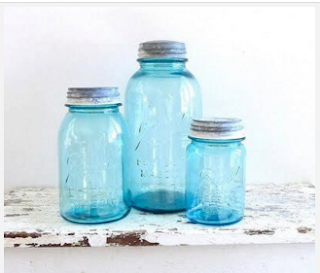As promised, I have added a section to the "Resources" tab on this blog that contains a list of professional genealogists.
Before you jump in - I would like to suggest you read the first item on the list,
Hiring a Professional Genealogist Resource Guide. This document was put together by FamilySearch and is a very good guideline for determining if you need to hire a professional and how to go about finding one if you do.
Also, this list is by no means comprehensive. If you Google "professional genealogy services" you will get approximately 300,000 results. I culled a hand-full from the top of the list, but there are many, many more.
I will put one copy of the research services page of each of these sites in the binder. Please do not take the copy provided - it is for information only. You will get more useful and detailed information by using the link on this blog to go directly to their websites.
Also, we are not endorsing, recommending, or in any way suggesting that these are the people or services you should use. At the end of the day, you have to do your own research and make your own decisions.
I will remind you, again, that I have had very good luck hiring "outside the box". I have gotten recommendations from the clerks at numerous state and local archives in Europe and the researchers they found for me were excellent - although a touch scary at first. I have also found the research librarians at various libraries to be extraordinarily helpful. Although they often cannot do extensive research for any one individual during work hours, they are often willing to take on a research job on their time off for a reasonable fee. They can also direct you to others in their communities who would love to earn a few extra $$$ doing some research for you - many of those folks work in the very offices that contain the records you are looking for.
Remember, you don't need a professional researcher to slog through the records of a small courthouse, library, or town clerk's office - you just need someone who knows how to find what you need - often for a much lower fee than a professional, certified genealogist.
One more note - if you are getting in touch with a resource to inquire whether they can locate some information, document, etc. that you need - ask up front what the fee for this service is. Letting them know, at the onset, that you realize this is not a free service and you are willing to pay a reasonable fee, goes a long way in getting a speedy reply from your source.
Happy Hunting!







